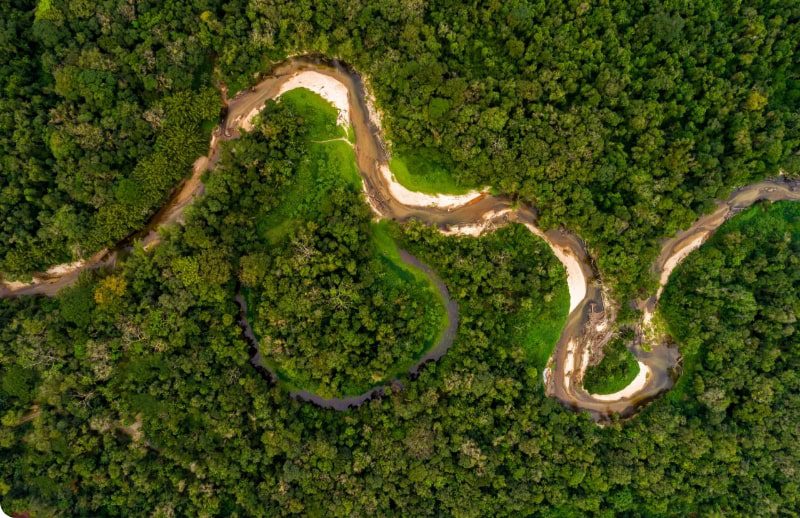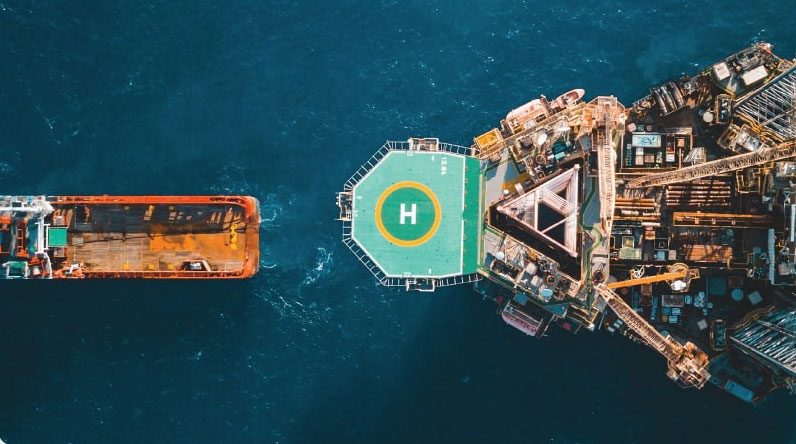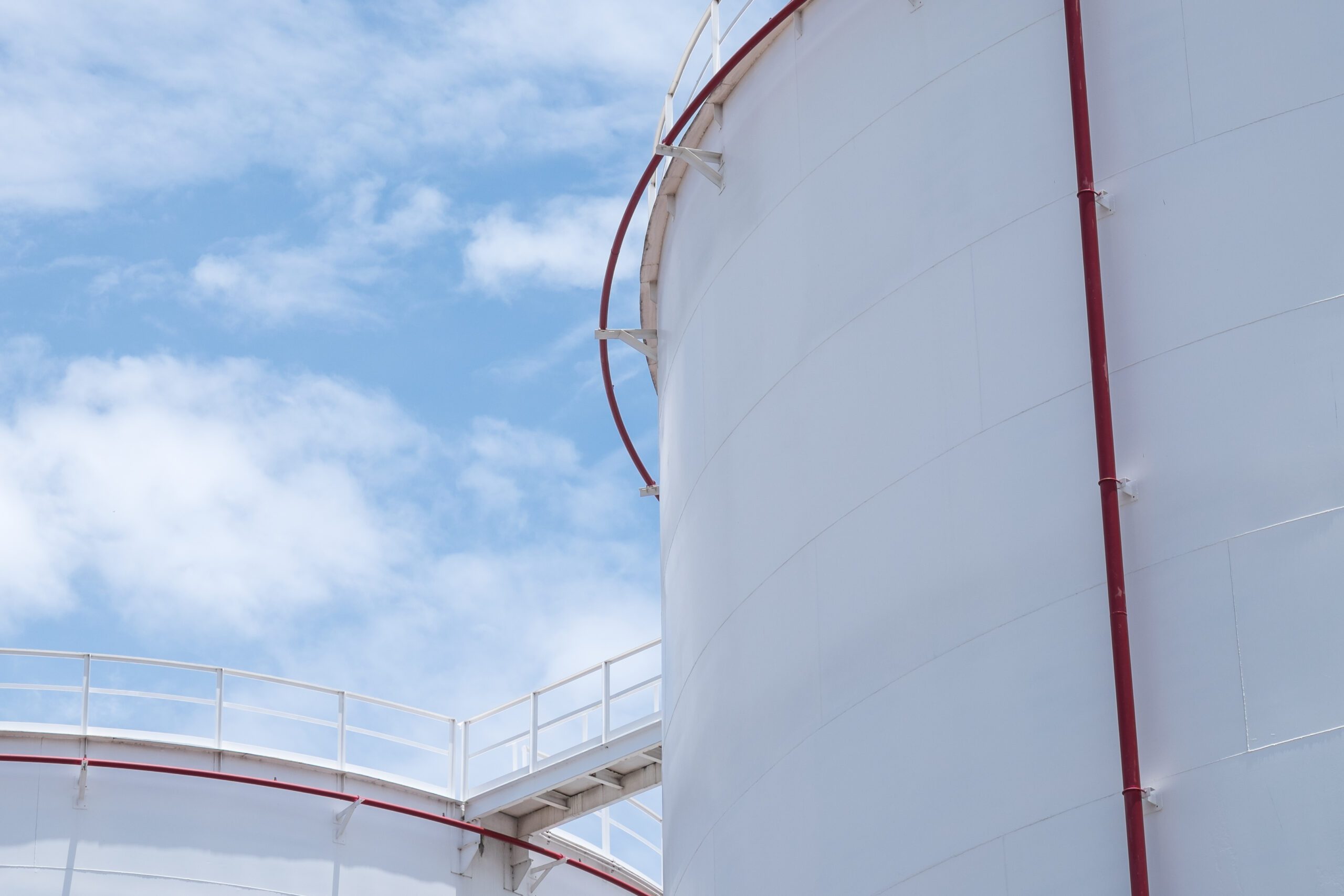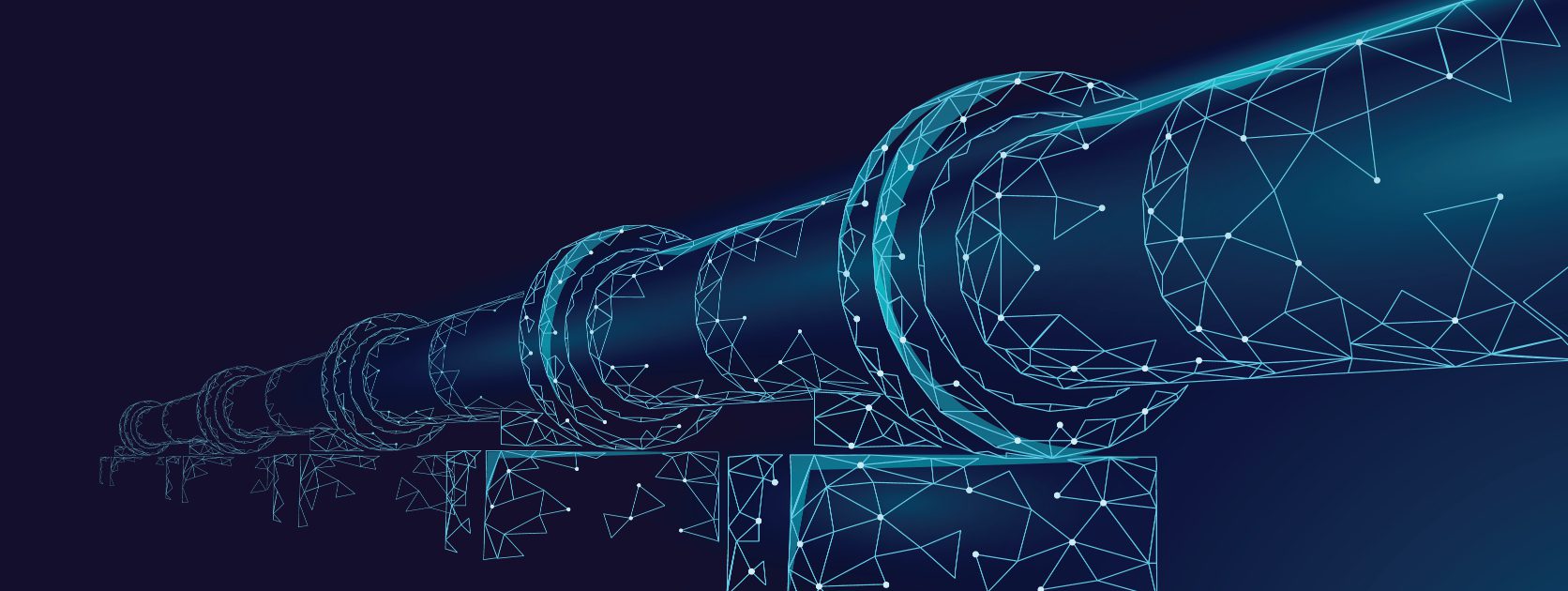One of the biggest challenges integrity engineers face is the ongoing maintenance of their assets. As time moves forward, the energy economy adapts and evolves in its approach and usage of energy vectors, meaning an asset’s life, capabilities and maintenance need to constantly be re-examined in order to preserve their functionality. Take hydrogen for example – touted as one of the main energy vectors that will replace the burning of fossil fuels, pipelines, and assets will need to be rehabilitated and extended in the possibility of handling and transporting hydrogen. Furthermore, the need for accompanying tools to help engineers mitigate any risks posed by the adoption of hydrogen.
Our Pipeline Integrity Management Solution, THEIA, is developing a ‘Hydrogen Toolkit’ – a toolkit intended to help manage the integrity of a pipeline looking to adopt hydrogen into its uses. The toolkit will manage integrity engineers with mechanisms whereby specific conditions created by hydrogen usage can be assessed for compatibility with their existing network.
Toolkit Capabilities
The ‘Hydrogen Pipeline Toolkit’ will be designed with multiple modules to enable engineers to understand what the impact of hydrogen will be within their network. The key modules are as follows:
- Capacity – measuring the capacity of the pipeline to handle natural gases alongside hydrogen, based upon look-up tables. The module will also be able to calculate flow rates and the max energy based on inlet and outlet conditions and velocity limitations for the gas.
- Material Compatibility – deciphering the most appropriate material(s) needed for the asset
- Impact Radius – a provided map of impact on a pipeline for hydrogen as well as natural gas
- Stored Energy – calculating the energy stored in the pipeline based on min max pressure readings
- MAOP (Maximum Allowable Operating Pressure) – calculating the MAOP based on the steel grade, manufacturing tolerance and pressure (hydrogen & construction data)
- Fatigue Assessment – assessing the fatigue level of the asset, including the fatigue crack growth rate (which will require published data)
Future Development
THEIA’s ability to accurately record data on the integrity and health of a pipeline will aid with the development of the ‘Hydrogen Pipeline’ Toolkit in the near future – pipeline operators are already looking at how to adapt their assets to carry and transport hydrogen, and the ability to run complex risk assessments securely, providing predictive or real-time information and analysis is imperative for an engineer to manage their asset confidently.
THEIA holds that capability, providing validated tools built on years of experience, for users to manage the safety, cost and integrity of their pipeline assets, constantly evolving and changing its scope of capability to meet the changes in the energy industry.





